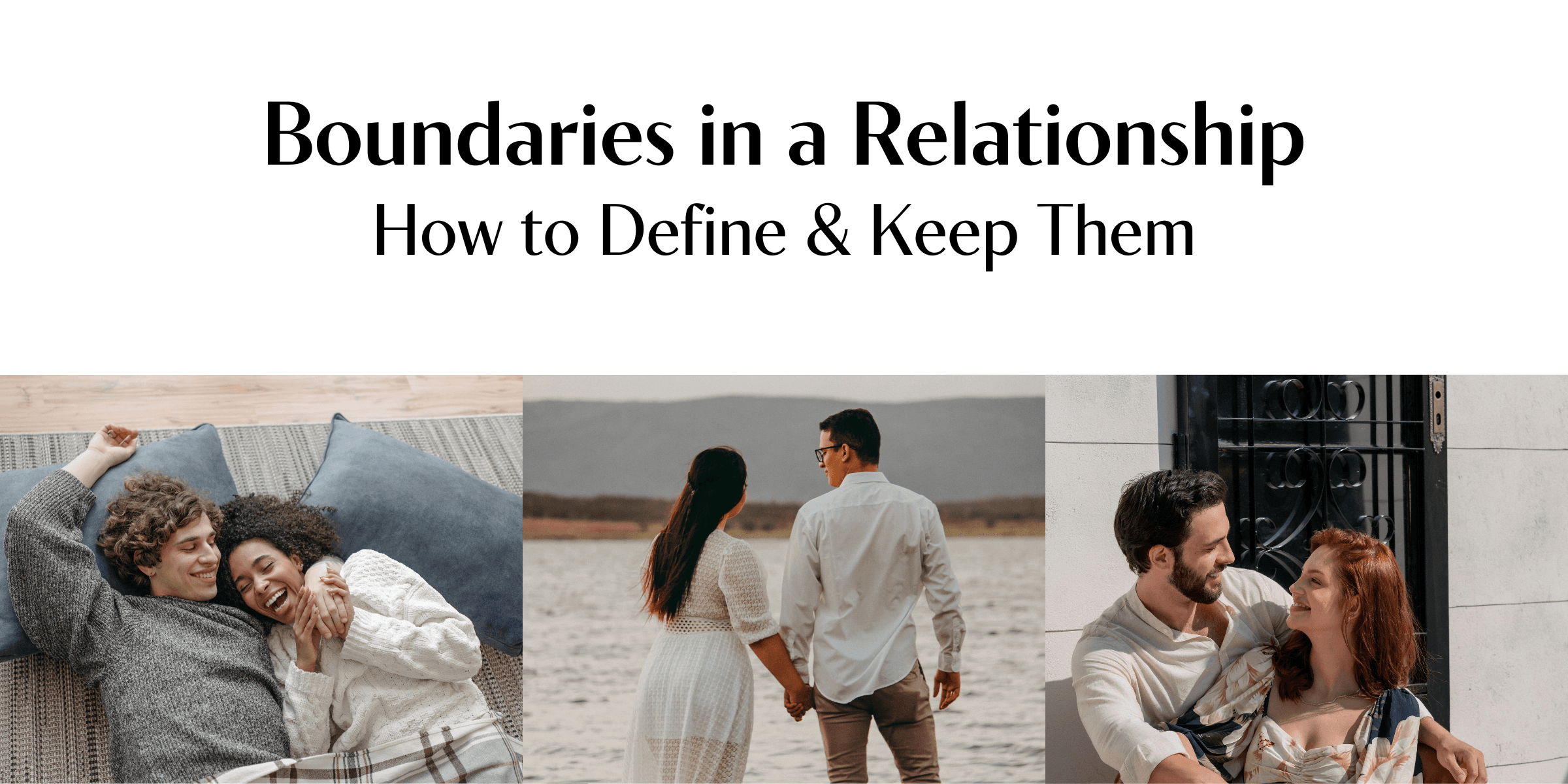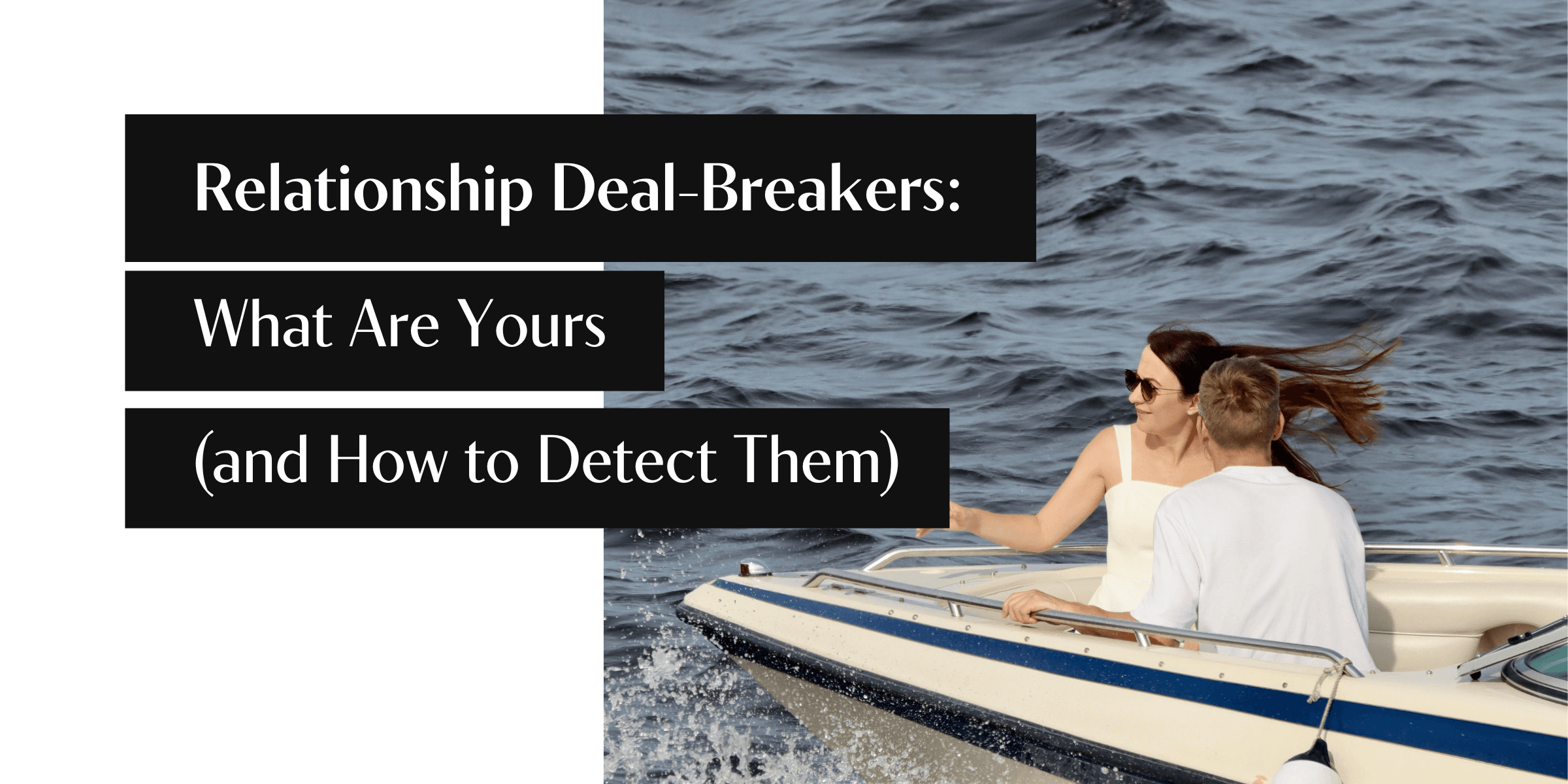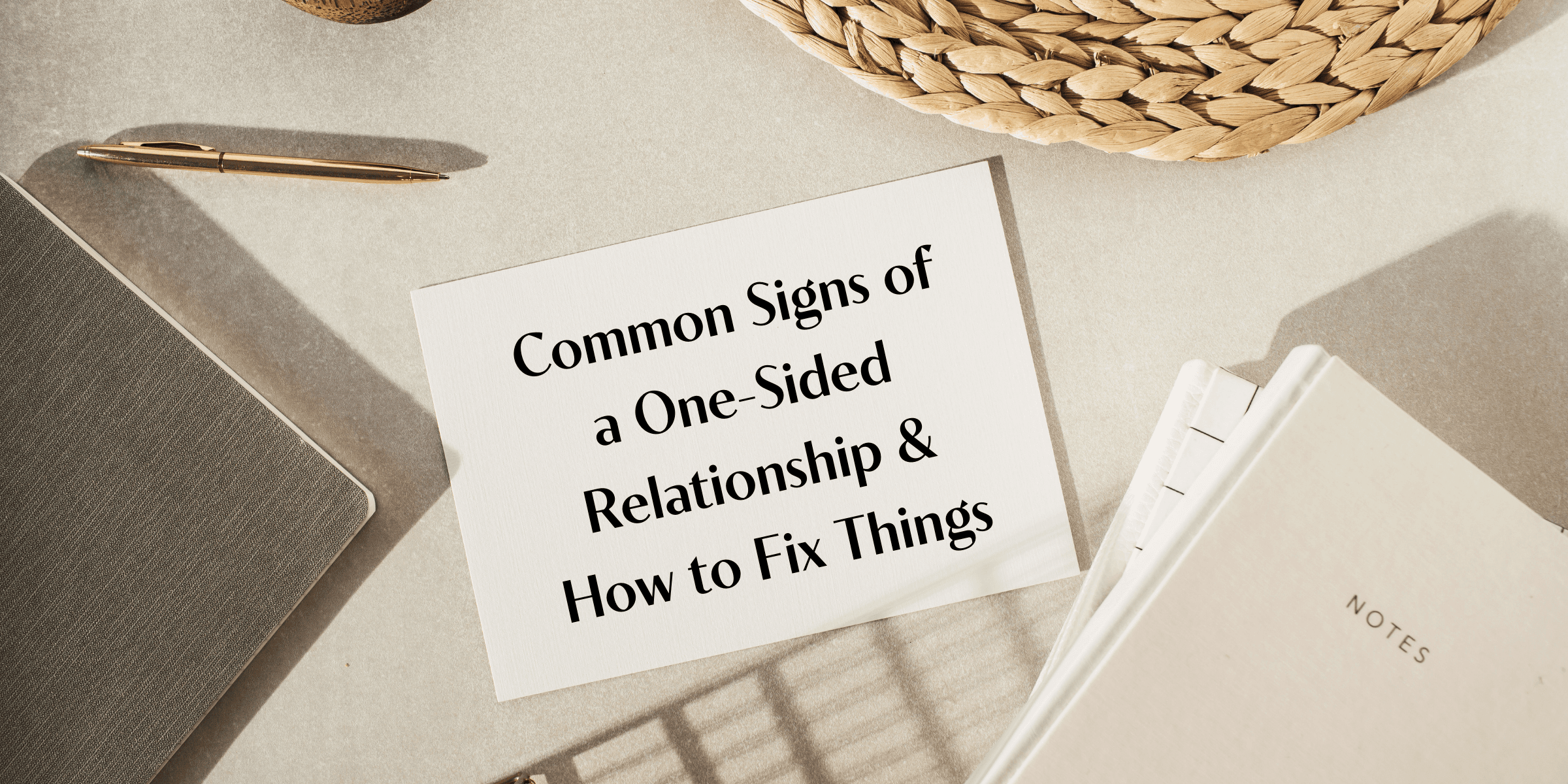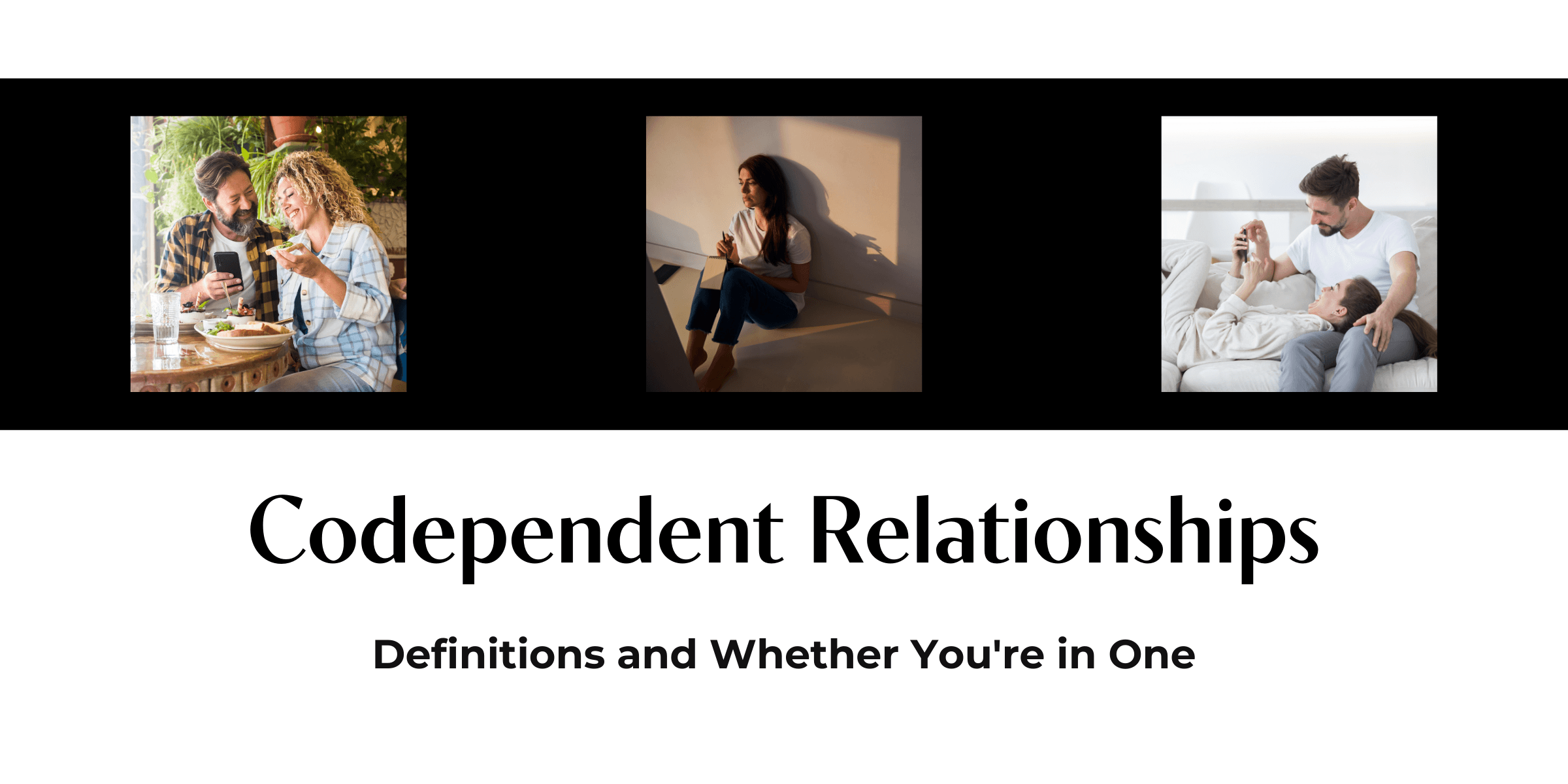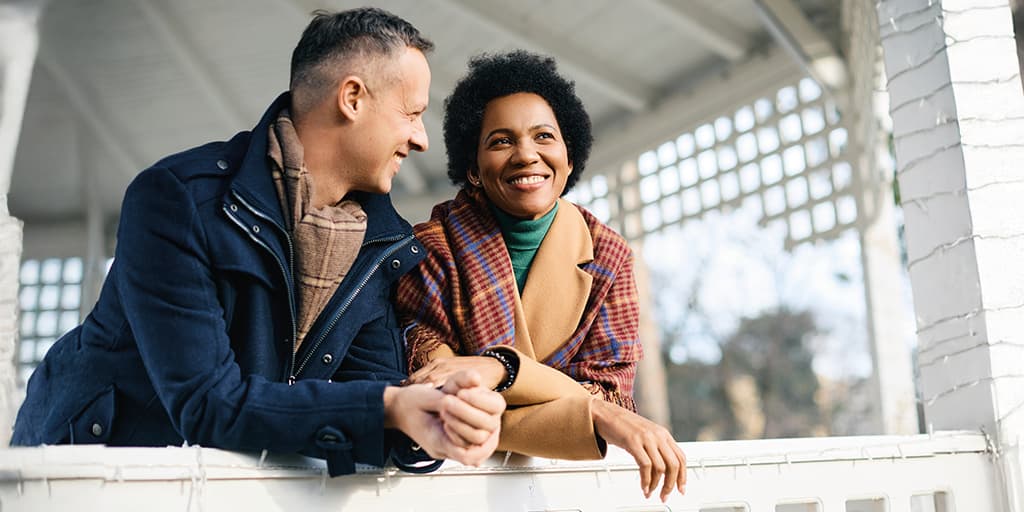Best online dating services for over 50s | Tawkify
According to Pew Research Center, about 75% of daters say it has been very or somewhat difficult to find people to date over the past year. If you’re dating in your 50s, that pressure can feel even sharper because you likely know exactly what you want, and you’re less interested in spending time on connections […]














